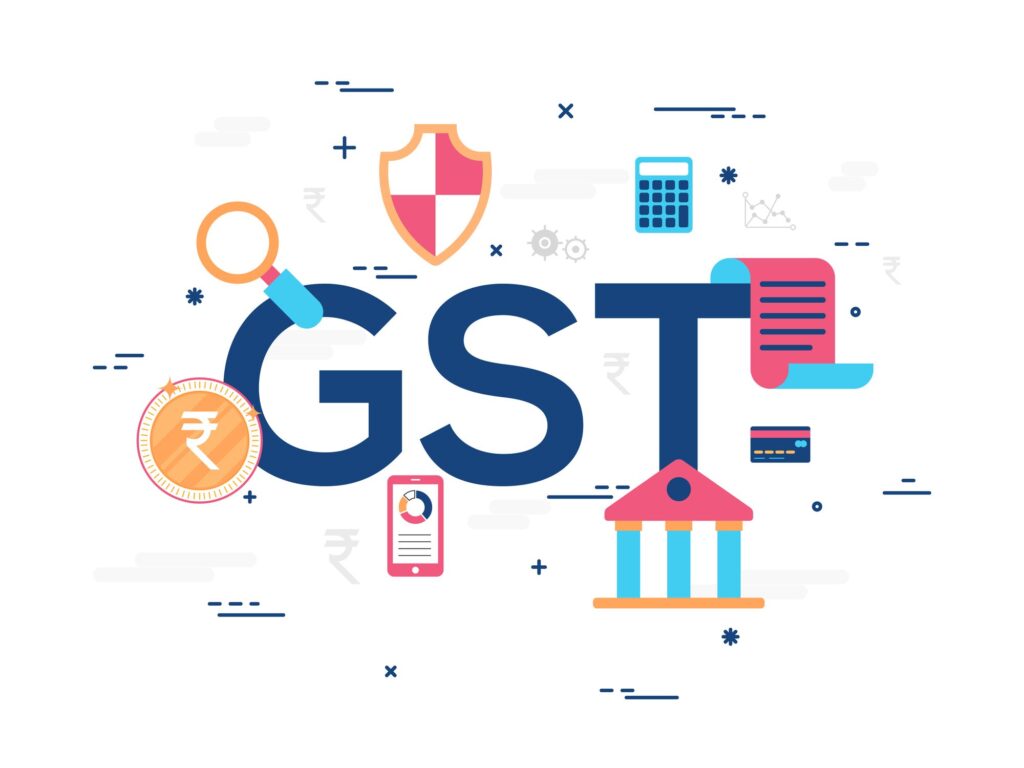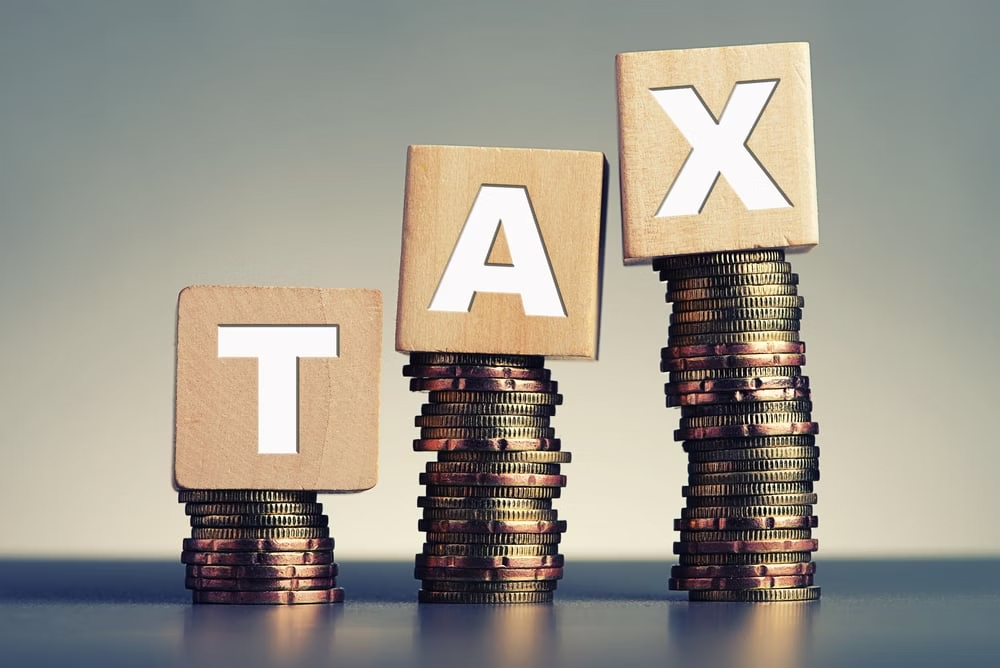Overview of GST Registration
Goods and Services Tax (GST) is a comprehensive taxation system in India that applies to both goods and services. The GST system came into effect on July 1, 2017, and operates on a dual mechanism, involving both the Central and State governments. GST aims to simplify the tax structure, reduce inflation, remove cascading effects of tax, and bring more transparency to the indirect tax framework.
GST is based on the “One Nation, One Tax” principle, with tax rate slabs ranging from 0% to 28%. Businesses involved in the sale of goods or services are required to get GST registration to collect tax from customers and claim input tax credit (ITC) on taxes paid.
Key Features of GST Registration
- Dual Taxation System: GST is a dual taxation system involving both Central GST (CGST) and State GST (SGST) for intra-state transactions, and Integrated GST (IGST) for inter-state transactions.
- Input Tax Credit (ITC): Registered businesses can claim ITC on taxes paid on purchases and offset them against GST payable on sales.
- Mandatory Registration: GST registration is mandatory for businesses whose aggregate turnover exceeds the prescribed limits based on their business activities.
- Single Tax Structure: GST unifies various indirect taxes like VAT, service tax, excise duty, etc., into a single tax, simplifying the process for businesses.
- Filing Returns: GST-registered businesses must file regular returns to comply with the provisions of the GST Act.
Benefits of GST Registration
- Legality: GST registration allows businesses to operate legally within India, ensuring compliance with tax laws.
- Credibility: Being GST-registered enhances the credibility of a business, especially for B2B transactions.
- Input Tax Credit: GST-registered businesses can claim input tax credit, which reduces the overall tax burden.
- National Reach: GST registration allows businesses to sell goods and services across state boundaries without having to deal with different tax laws in each state.
- Tax Benefits: GST registration helps avoid the cascading effect of taxes and provides an opportunity to reduce the overall tax payable by offsetting the input taxes.
Documents Required for GST Registration
To complete the GST registration process, the following documents are required:
- PAN Card: The Permanent Account Number (PAN) is essential for GST registration as it is linked to the tax system.
- Identity Proof: For individuals, a passport, voter ID, PAN card, Aadhar card, or driver’s license can be used. Directors, partners, and authorized persons must provide their ID proofs.
- Business Registration Document: For registered business entities, proof of business registration is required. However, sole proprietorships don’t require this as the proprietor and business are the same entity.
- Proof of Business Address:
- For owned premises: Property tax receipt, municipal khata, or electricity bill.
- For rented/leased premises: Rental agreement along with ownership proof of the premises.
- For SEZ premises: Government-issued documents confirming the SEZ location.
- Bank Account Proof: A scanned copy of the first page of the passbook, bank statement, or a cancelled cheque with bank details including the IFSC code.


